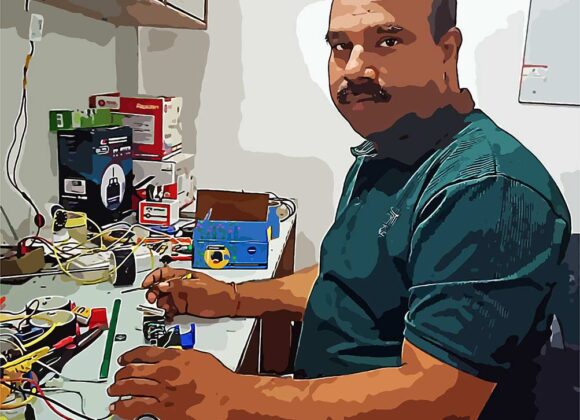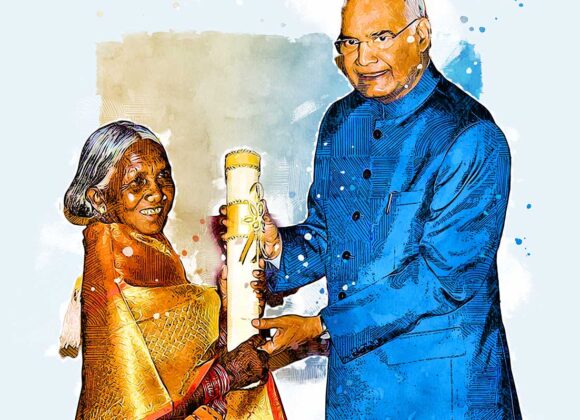At four in the morning, she begins her day. Before leaving for work, she packs her luggage with medications, ORS pouches, preventative prescriptions, gauges, immunizations, and other items. She frequently travels 14 to 15 miles door to door (encompassing 4-5 villages) while keeping a record of each person.
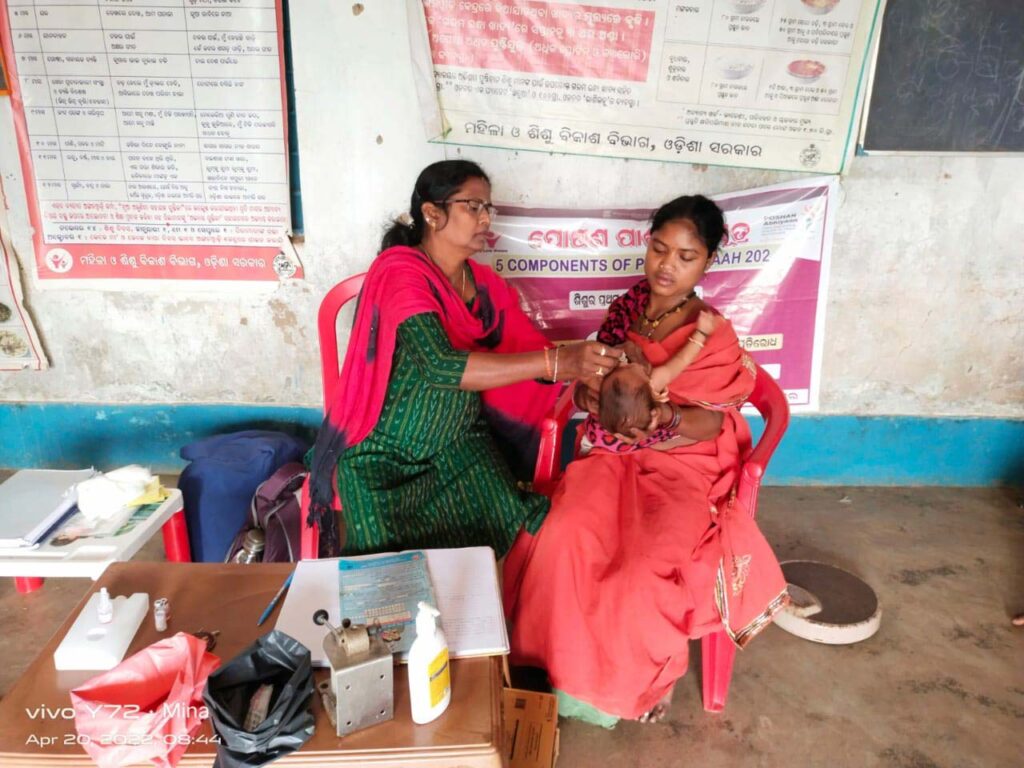
A woman from a developed town in Odisha decided to devote her life to advancing the health sector in Koraput’s backward area. Meenarani Behera’s heart beats for the poor and marginalized tribal people of Dashmantpur, Koraput. As an ANM, she educates tribal natives about cleanliness, government programs, and proper disease treatment, and she distributes medicine. Her selfless efforts have earned her the blessings and respect of the Koraput tribal people.
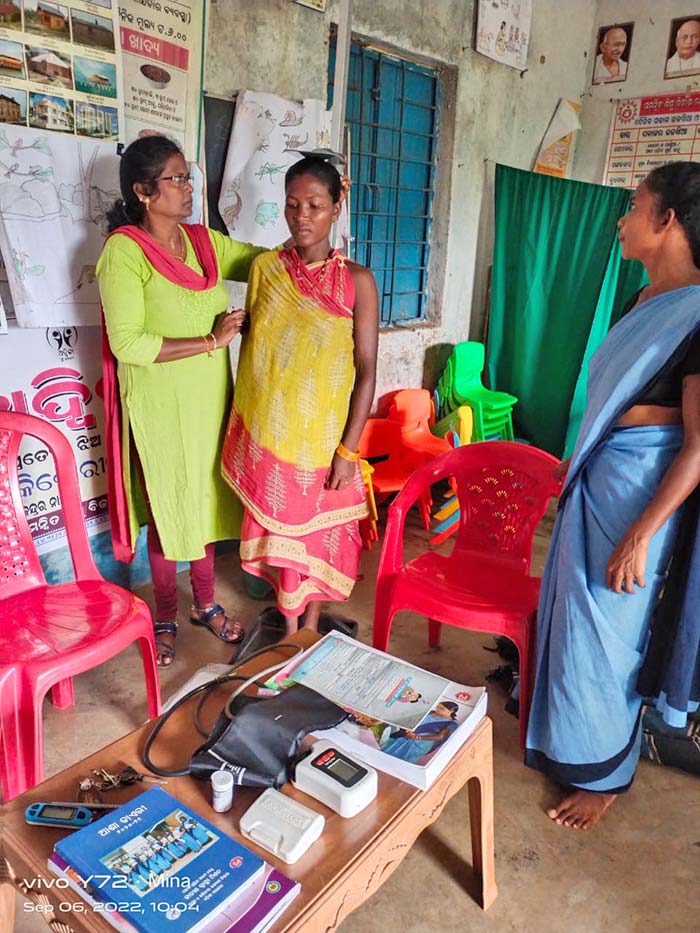
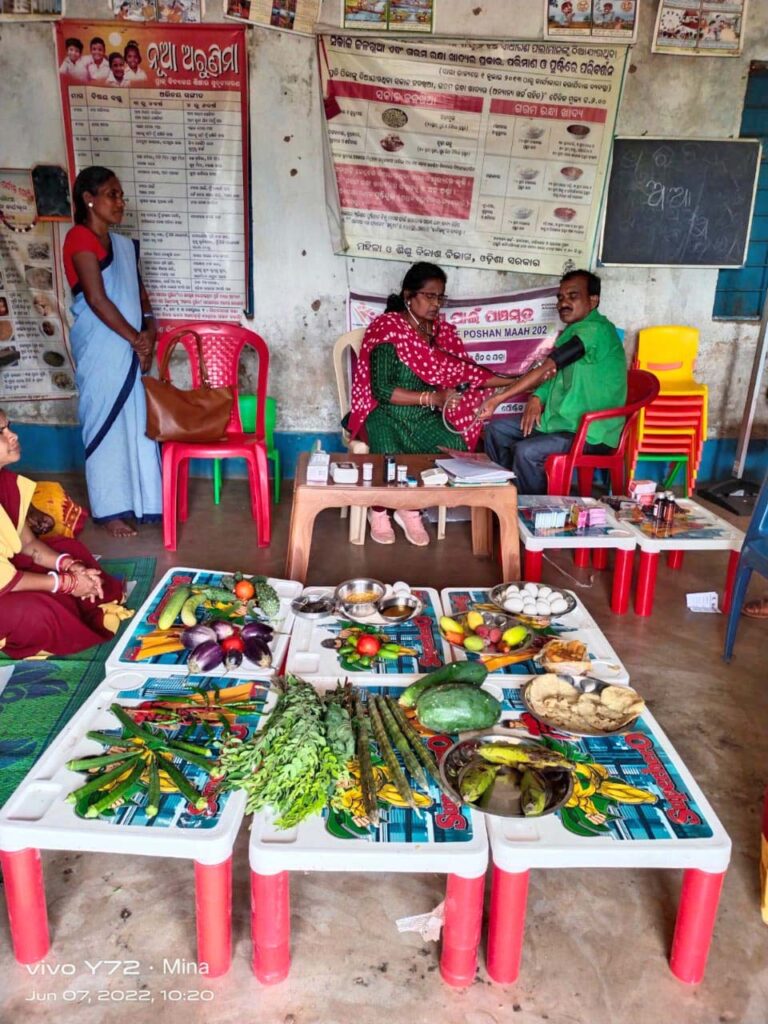
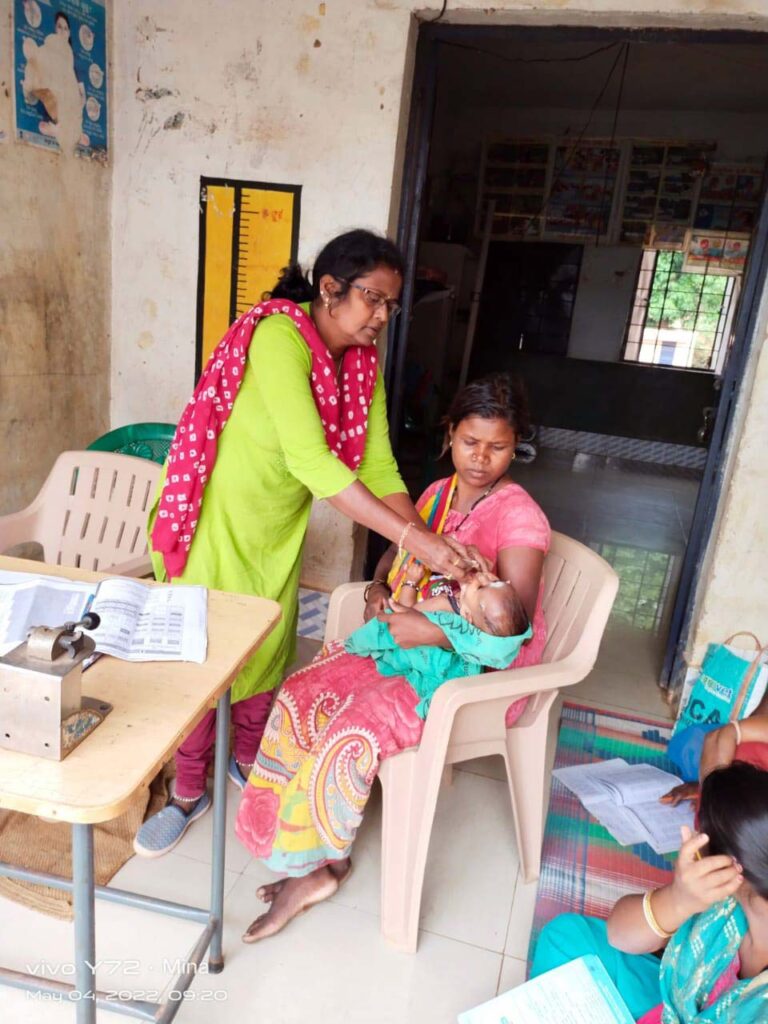
The natives address her as “didi” or “maa” and consider her no less than a doctor. Meena’s tireless efforts have resulted in a lower child and maternal mortality rates increased awareness about disease prevention and hygiene, increased medicine supply, and open dialogue on many sadistic superstitions about various ailments.
“During COVID, we organised a vaccination camp in a village and invited people for immunization. When I was on vaccination duty, an old man (too frail to walk properly) travelled a long distance to see me. The respect and blessing I received from him satiated me entirely to my cores.”
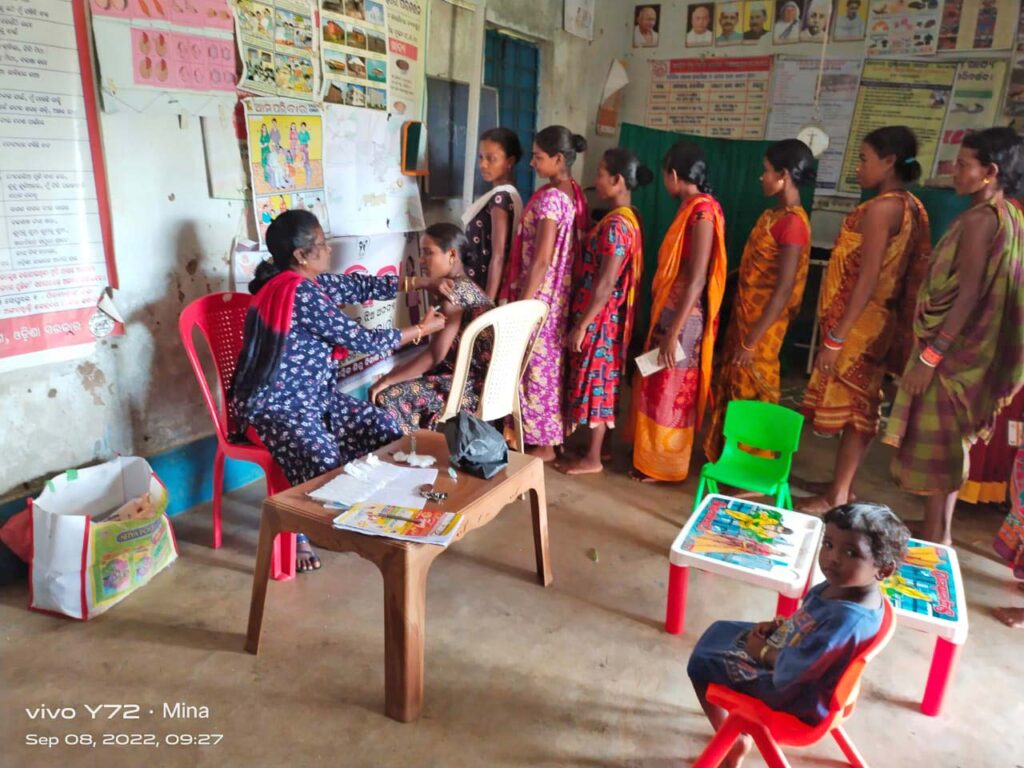
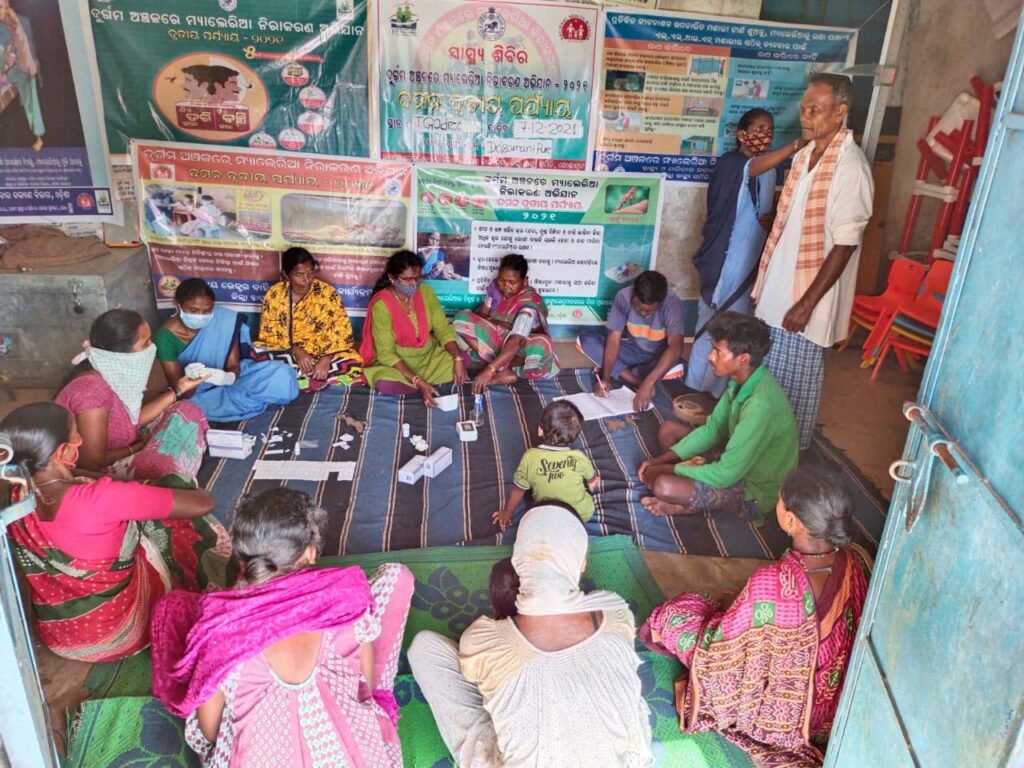
However, things were not always as they are now. When Meena was first posted to Koraput as an ANM in the late 1990s, she had to deal with her parents’ rejection. The young woman from Jagatsinghpur’s coastal region was unfamiliar with the green-locked hillside landscape. Wild animals and getting lost were two constant concerns. The tribal groups were dogmatic and rigid in their beliefs. Every day brought a new challenge for Meena because there were no roads, no electricity, and only slow communication and transportation options.
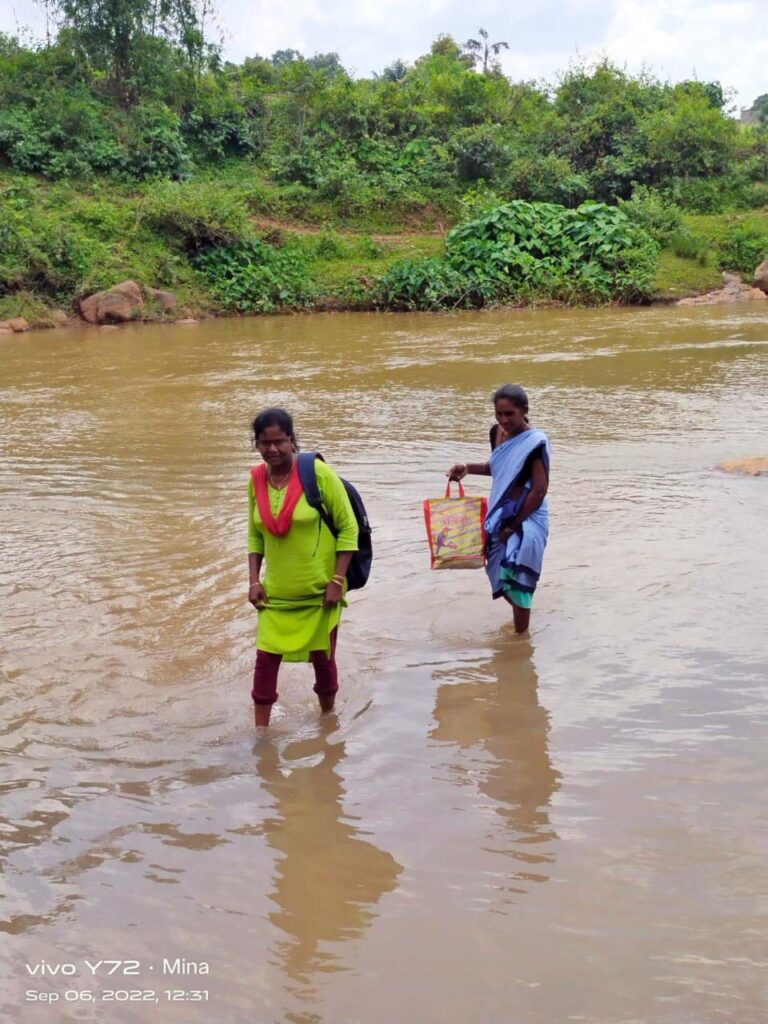
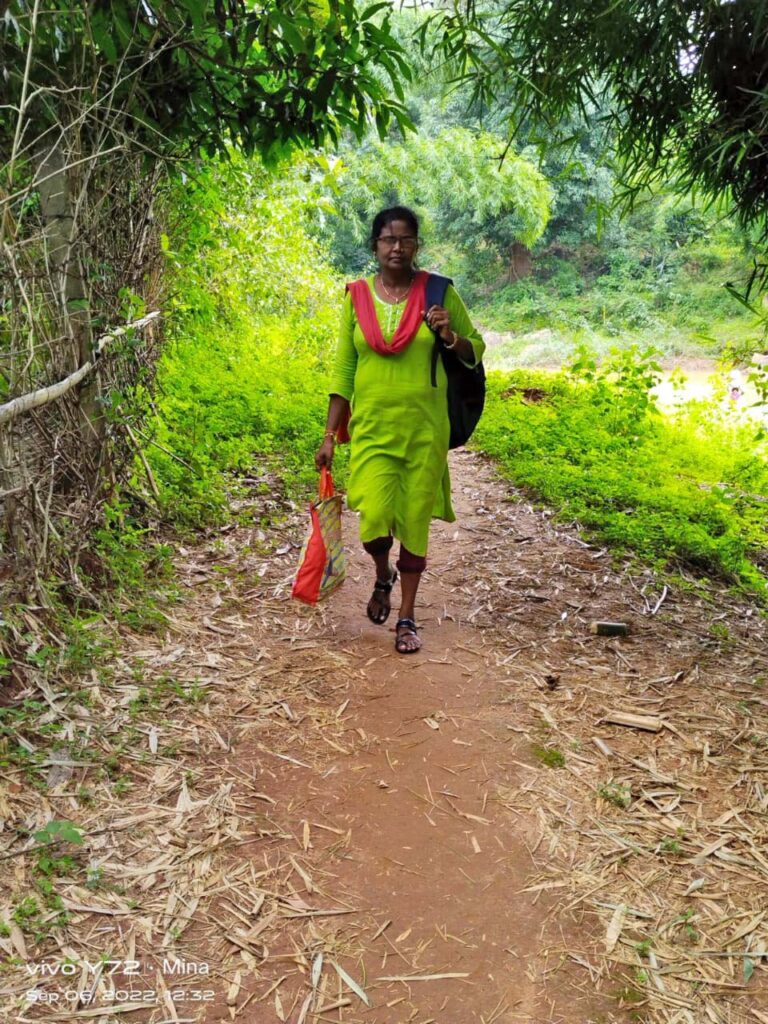
She nonetheless decided to remain in the thatched hut to better comprehend the issues and attitudes of the populace and to be able to respond quickly to situations. The amenities gradually become better over time. There was a visible behavioural change in people because of consistent effort of Meena.
At four in the morning, she begins her day. Before leaving for work, she packs her luggage with medications, ORS pouches, preventative prescriptions, gauges, immunizations, and other items. She frequently travels 14 to 15 miles door to door (encompassing 4-5 villages) while keeping a record of each person. In addition, she supports and participates in other initiatives such as village-wide cleanliness campaigns and awareness events.
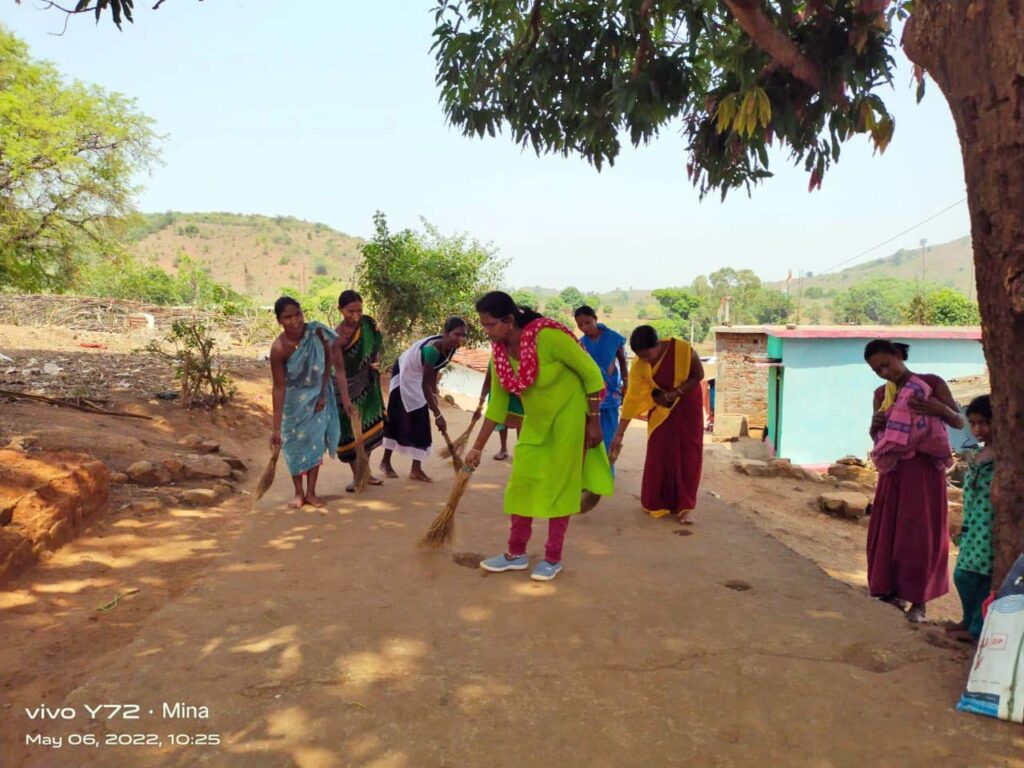
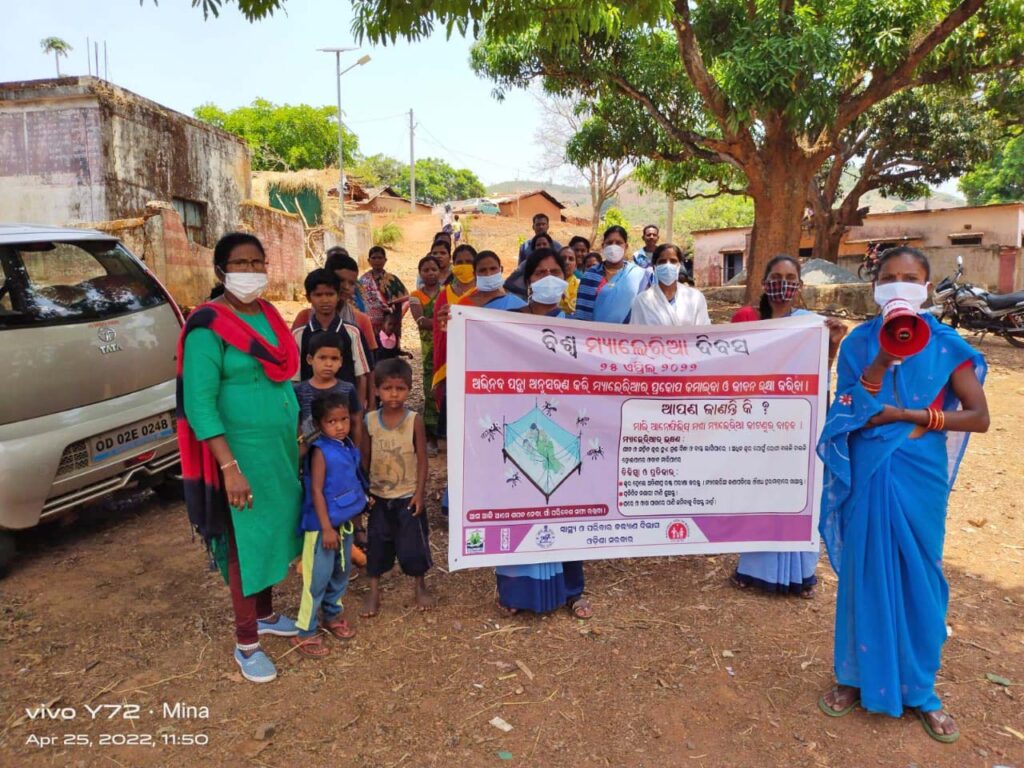
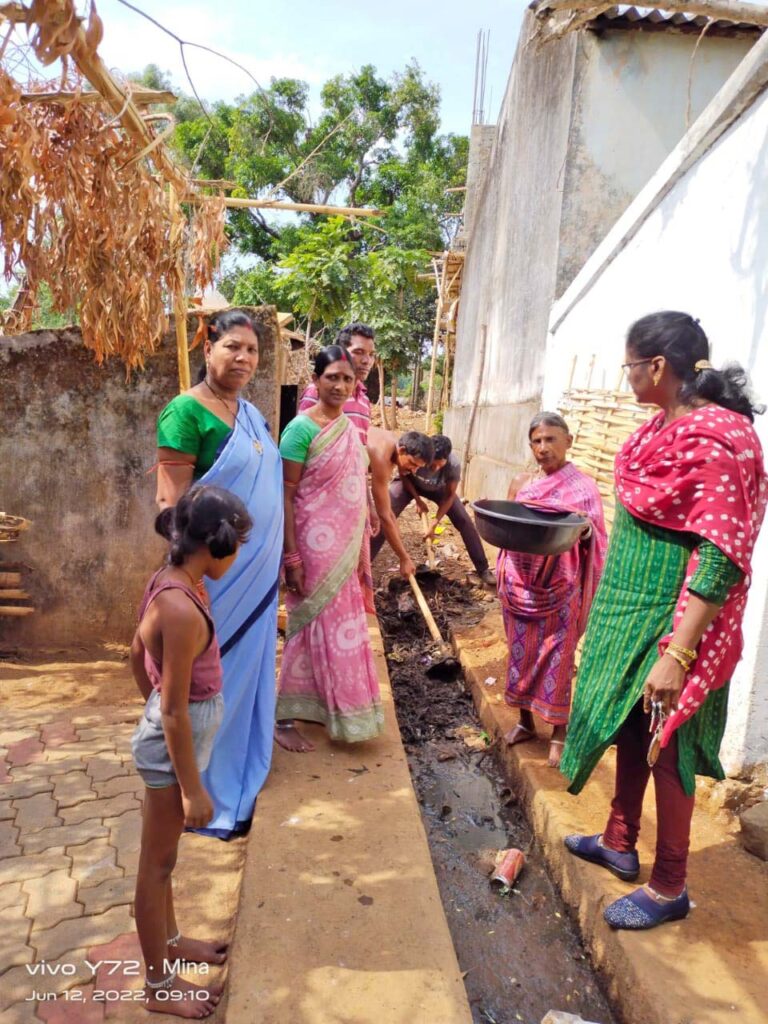
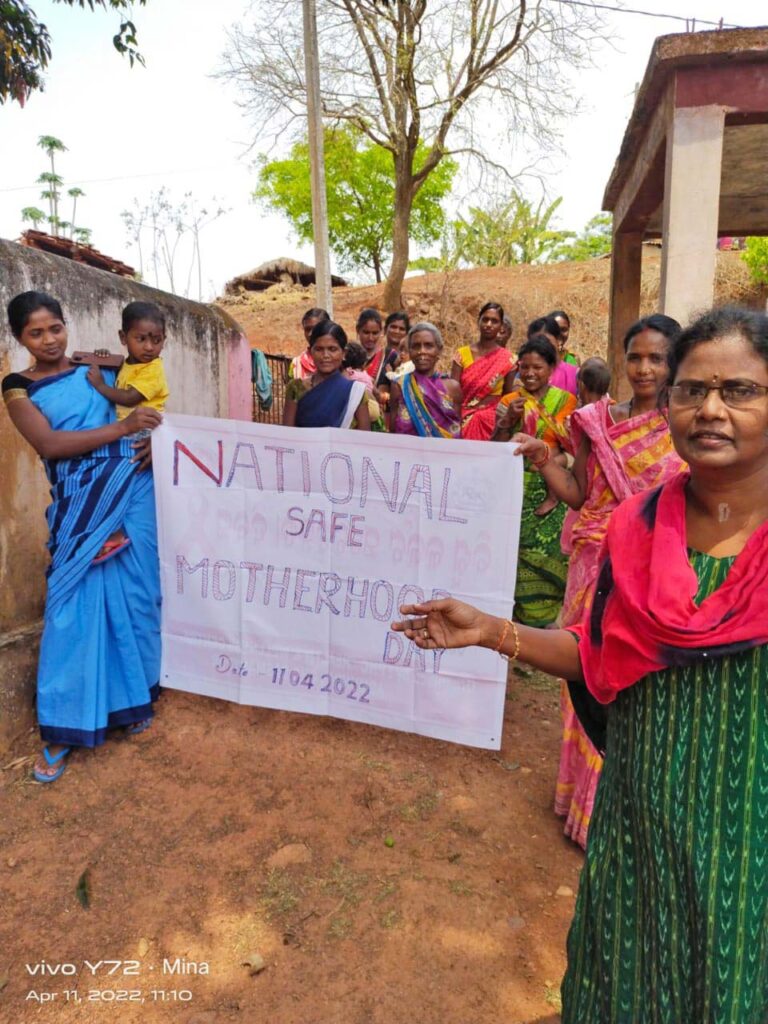
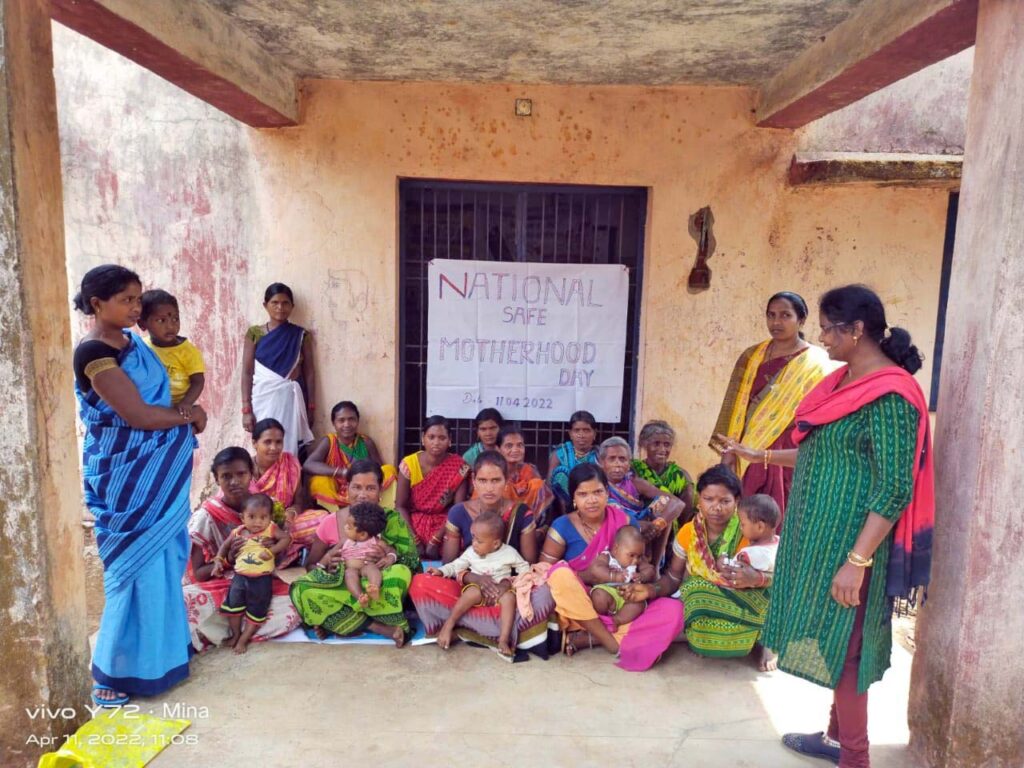
“When we accept the sufferings of others as our own and strive to alleviate them, all the difficulties that arise seem trivial.” The difficulties of this terrain could never break me. The love of denizens kept me going until the end. If I can help people in any way, I will consider myself fortunate. I hope that people in this area will remember me for my work one day.”
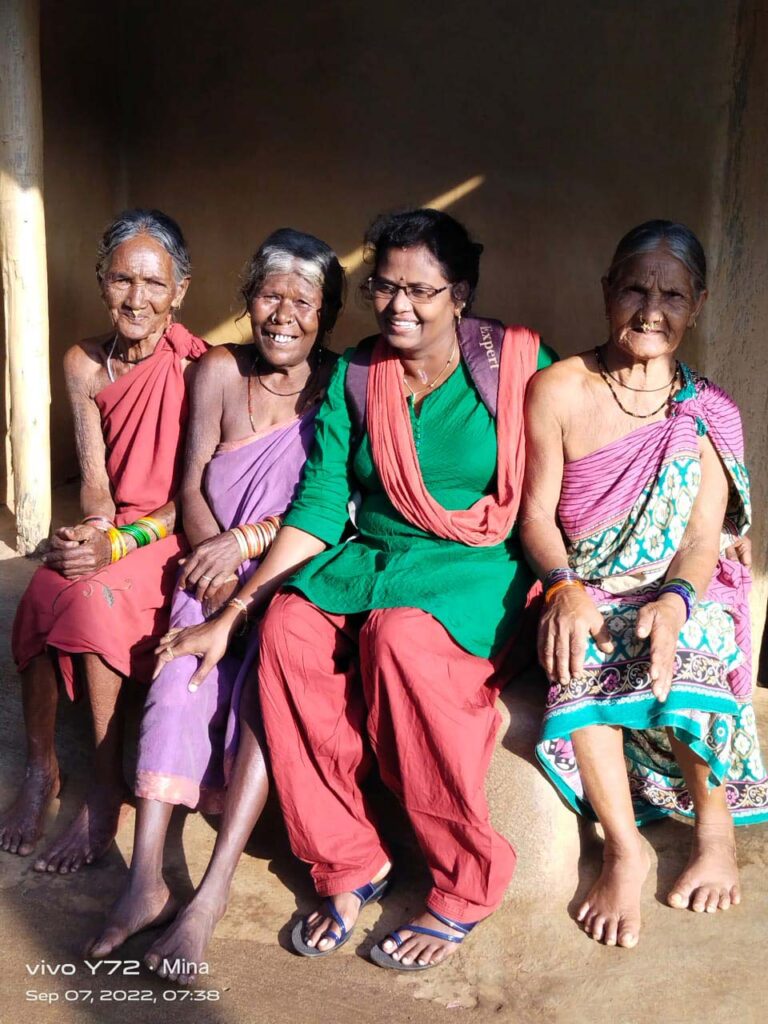
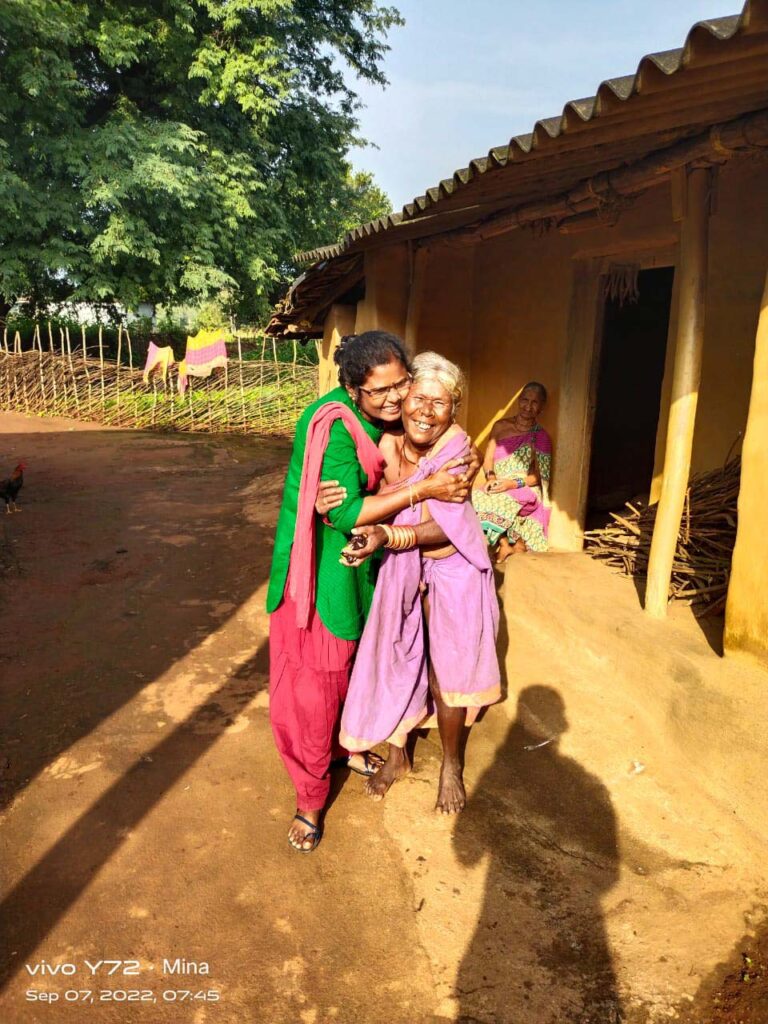
Meenarani Behera, 45, has never married and has lived a life of austerity for the sake of the people. Her sacrifice reminds us all that the true meaning of life is to do good for others. We value her selfless life.


